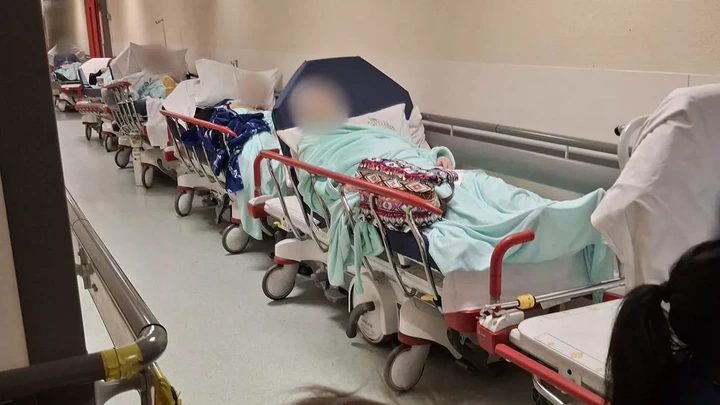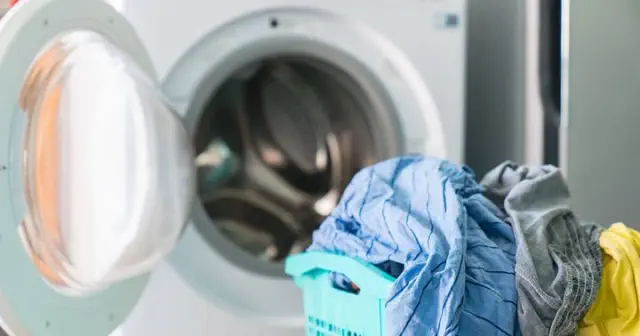Emotional nurses express their frustration and helplessness as they witness patients languishing for hours in crowded hallways, with one recounting the disturbing discovery of a deceased patient hidden beneath a stack of coats.

View pictures in App save up to 80% data.
Each day, nurses arrive at their workplaces to encounter individuals experiencing some of the most profound moments of sorrow and suffering.
It requires a unique individual to flourish in such an atmosphere, yet these are individuals who have embraced a profession that often shapes their very identity.
This is why, when quality care is lacking and patients lose their lives unnecessarily in circumstances that strip them of their dignity, it causes "moral injury" to those providing care.
The emotion in their voices was palpable right from the start. as they opened up about the problems they face yesterday at a media briefing at the Royal College of Nursing headquarters in central London.
Clutching a tissue, one told of patients on trolleys, with their relatives, being told they are dying in crowded corridors.

View pictures in App save up to 80% data.
Emotional nurses expressed their sense of helplessness as they witnessed patients languishing for hours in a crowded hallway, waiting for a bed to open up in the ward. They recounted the distressing discovery of a deceased patient hidden beneath a stack of coats.
The survey reveals accounts of expectant mothers experiencing miscarriages in hallways, while some nurses report being unable to reach patients in time to administer effective CPR during cardiac emergencies.
It is evident that continuous exposure to these situations has not yet diminished these experienced professionals' capacity for empathy. However, there is a risk that they may eventually need to detach themselves from the pain of others or step away from their roles to protect their own mental well-being.
The shocking RCN report, which included feedback from 5,000 nurses, disclosed that they are now forced to provide care in cramped spaces such as walk-in cupboards, parking lots, restrooms, cloakrooms, bereavement suites, and pediatric recovery areas that still have children present.
Among the many poignant stories shared, one of the most striking came from a young nurse who articulated her reasons for remaining in the NHS, expressing her hope that conditions will eventually get better.
She expressed: “I have a deep affection for my patients; they remind me of myself. Being able to provide that level of care fills me with such joy, and when I head home, I feel a sense of accomplishment knowing I've made an impact.”
"You may not be able to transform the entire world, but you have the power to make a difference in the life of one person at a time, and that is what drives you forward. However, right now, we aren't able to do that as often as we'd like."










